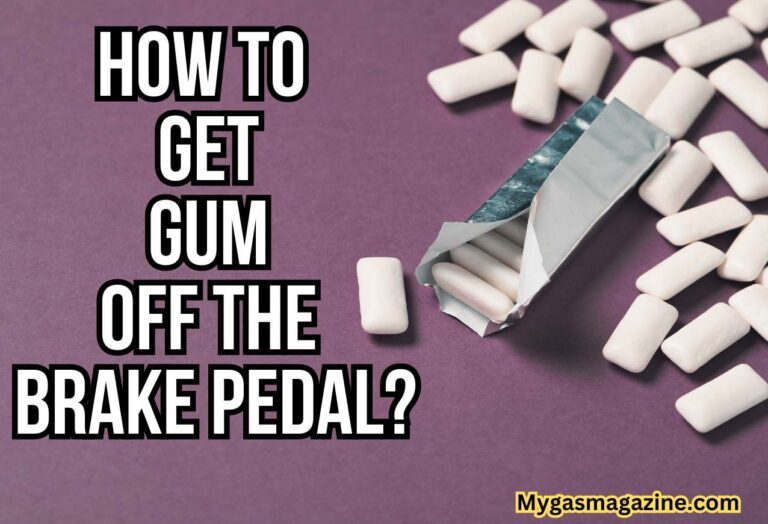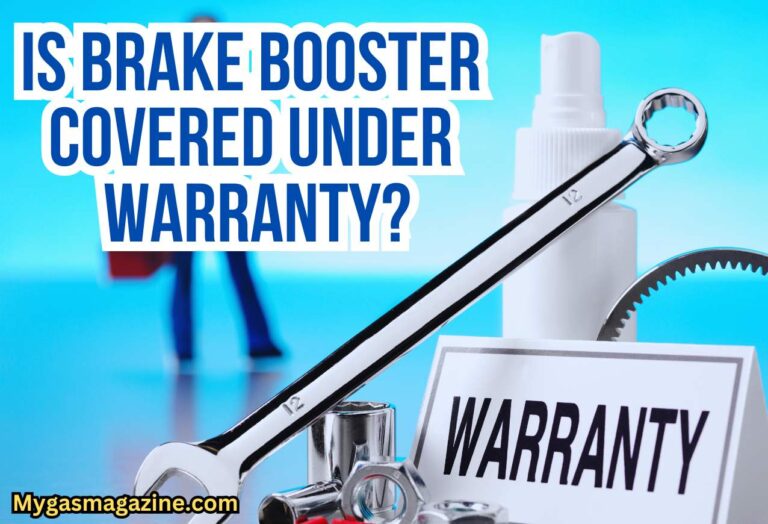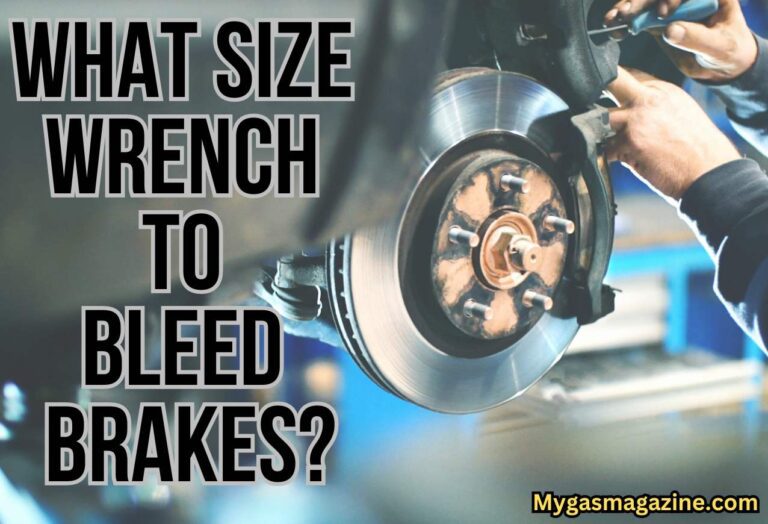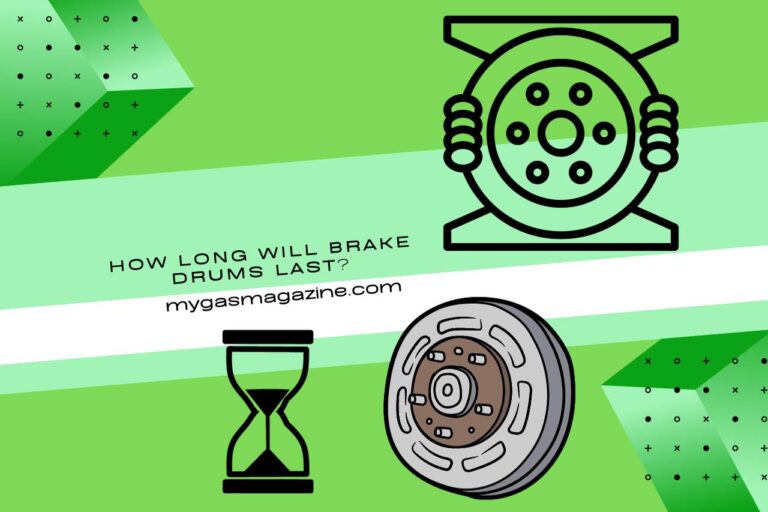Can You Rebuild a Brake Booster? Factors to Consider
In most situations, as vehicle owners, we opt for rebuilds when possible rather than replacing the components. How about the brake booster? Can you rebuild a brake booster? We know you want to know all the ins and outs of this topic. We are here to help you with all the answers!
Can You Rebuild a Brake Booster?
Yes, it is possible to rebuild a brake booster in certain situations. Before deciding to rebuild a brake booster, it’s important to assess the extent of the damage and determine if rebuilding is a viable option. If the booster is severely damaged or has internal issues that cannot be repaired, it may be more practical to replace it instead.
The process of rebuilding a brake booster can be complex and requires precision and attention to detail. It’s important to follow the manufacturer’s instructions carefully and ensure that all components are properly reassembled and adjusted. Additionally, safety should be a top priority when rebuilding a brake booster, as any mistakes could compromise the effectiveness of the braking system.
Overall, while rebuilding a brake booster is possible, it may not always be the best option depending on the extent of the damage and the cost of replacement parts. It’s advisable to consult with a qualified mechanic or brake specialist to determine the best course of action for your specific situation.
When to Consider Rebuild a Brake Booster?
There are several situations where you might consider rebuilding a brake booster instead of replacing it. One of the main reasons is cost-effectiveness. Rebuilding a brake booster is often less expensive than buying a new one, especially if the damage is minor and limited to a few components.
Another reason to consider rebuilding a brake booster is if you have a rare or vintage vehicle where replacement parts are hard to find. In such cases, rebuilding the existing booster may be the only practical option.
It’s important to note that not all brake boosters can be rebuilt. It’s also important to consider the age and condition of the vehicle. If the vehicle is older and likely to require frequent repairs, investing in a new brake booster may be a better long-term solution.
In conclusion, you might consider rebuilding a brake booster when it’s cost-effective when replacement parts are hard to find, when you have the necessary skills and equipment, and when the booster is not severely damaged. However, it’s always a good idea to consult with a qualified mechanic or brake specialist to determine the best course of action for your specific situation.
What Are the Benefits of Rebuilding a Brake Booster?
Rebuilding a brake booster offers several benefits, including cost-effectiveness, sustainability, and the opportunity to maintain or improve the performance of your vehicle’s braking system.
Cost-Effectiveness
One of the primary benefits of rebuilding a brake booster is cost savings. Rebuilding a brake booster is often less expensive than purchasing a new one, especially if the damage is minor and limited to a few components. This can be particularly advantageous for budget-conscious individuals or those looking to save money on repairs.
Sustainability
Rebuilding a brake booster is also a more environmentally friendly option compared to buying a new one. By reusing existing components and avoiding the need to manufacture new parts, you can reduce waste and minimize the environmental impact of your vehicle repairs.
Improve Performance
Rebuilding a brake booster can also help maintain or improve the performance of your vehicle’s braking system. By replacing worn or damaged components, you can ensure that your brakes operate effectively and reliably, providing you with a safer driving experience.
Availability of Parts
In some cases, rebuilding a brake booster may be the only option if replacement parts are hard to find or no longer in production. By rebuilding the existing booster, you can keep your vehicle on the road without having to search for rare or obsolete parts.
Learning Experience
For those interested in automotive repair, rebuilding a brake booster can be a valuable learning experience. It allows you to gain hands-on experience with your vehicle’s braking system and develop new skills that can be applied to other aspects of automotive maintenance and repair.
Symptoms of a Brake Booster that Rebuilding is Not Possible
There are several symptoms of a brake booster that indicate rebuilding may not be possible or practical. These symptoms typically indicate severe damage or internal issues that cannot be easily repaired. Some of these symptoms include:
Physical Damage
If the brake booster has sustained significant physical damage, such as cracks, dents, or corrosion, rebuilding may not be feasible. In such cases, it may be safer and more practical to replace the booster.
Internal Leaks
Internal leaks within the brake booster, such as a damaged diaphragm or seal, can prevent the booster from functioning properly. While some internal leaks can be repaired, severe or multiple leaks may require the replacement of the booster.
Mechanical Failure
If the internal components of the brake booster, such as the valve or check valve, have failed, rebuilding may not be possible. These components are critical to the operation of the booster and may require replacement.
Excessive Wear
Over time, the internal components of the brake booster can wear out, leading to a loss of effectiveness. If the components are excessively worn, rebuilding may not be a viable option, as the booster may not function properly even after repairs.
Related
- 6 Symptoms of a Bad Brake Booster
- Can You Adjust The Brake Pedal Sensitivity?
- How to Adjust Brake Pedal Height?


Meet Lakith, the driving force behind MyGasMagazine.com. A seasoned mechanic with over 7 years of hands-on experience in our family-run Gas Mag Garage, Lakith combines his technical expertise with a deep passion for cars. His journey in the automotive world began alongside his father, learning the intricacies of car repair and maintenance. Today, as the founder of MyGasMagazine.com, Lakith shares his wealth of knowledge, offering readers a unique blend of practical advice, industry insights, and engaging stories from the vibrant car culture of Sri Lanka.






![Do Brake Pads Have Asbestos? [Pros and Cons]](https://mygasmagazine.com/wp-content/uploads/2023/12/How-Long-do-brake-pads-last-2-768x530.jpg)
![Brake Pedal Soft After Bleeding? [Causes and Fixes]](https://mygasmagazine.com/wp-content/uploads/2024/01/Brake-Pedal-Not-Fully-Returning-9-768x527.jpg)
One Comment
Comments are closed.